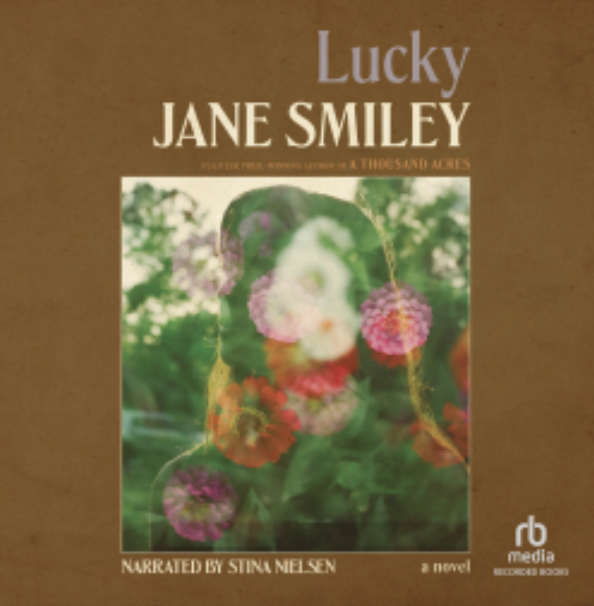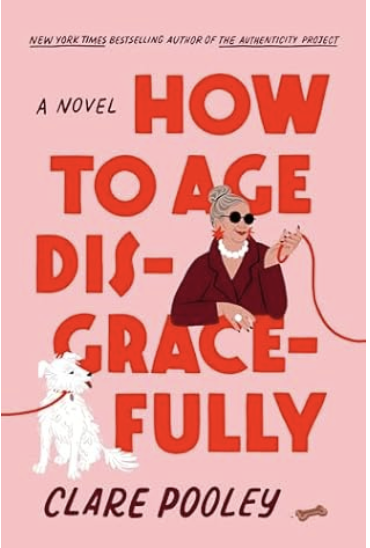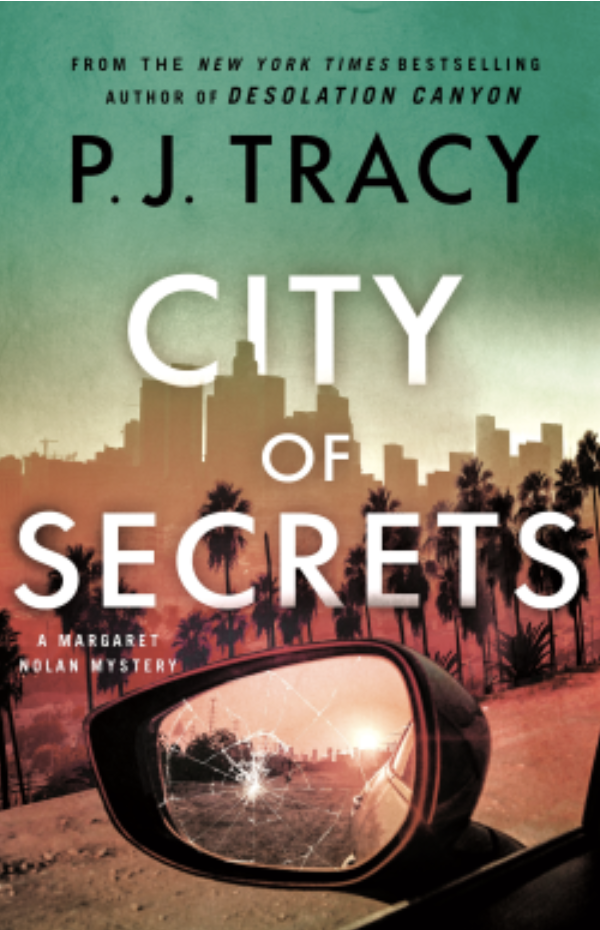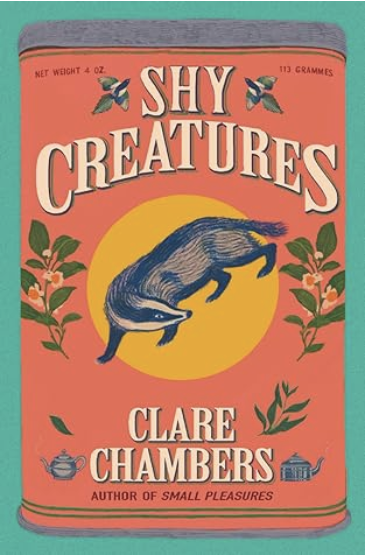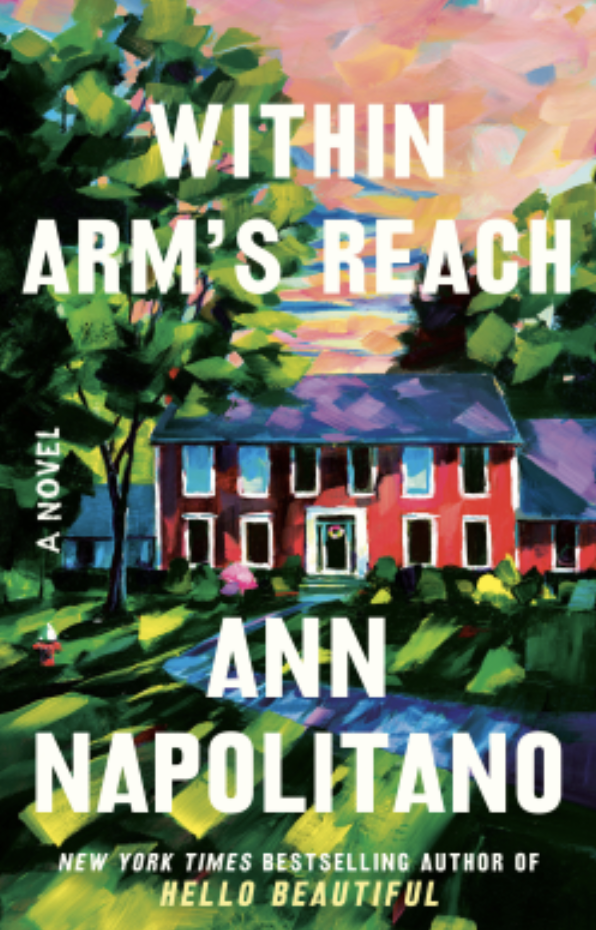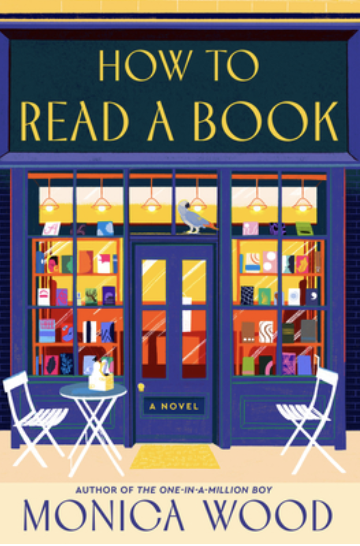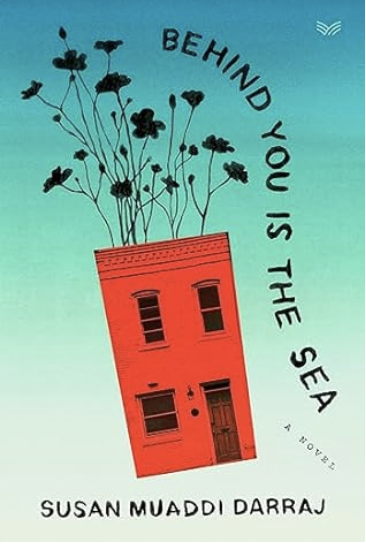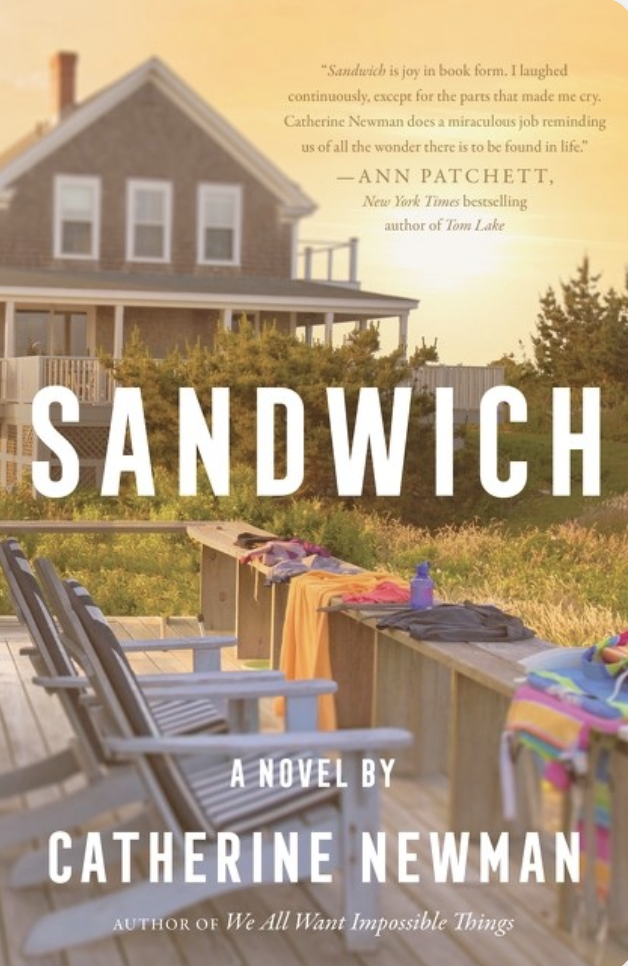Ostensibly the story of a Jodie Rattler — from childhood until her 80s — who achieved moderate fame as a folk/rock singer/composer and, due to some clever investing of the money she had, was able to live her life and create her music without having to make herself a slave of the music industry. I never get the impression that she has any particular plans or goals. Instead she does what she wants to at the time, gathering (and enjoying) experiences that she often embeds into her music. This takes us from her birthplace in St. Louis to England, to recording studios, to tropical beaches, to New York City, and often back home to St. Louis. It takes us through her 25 lovers and their stories. The book is highly reflective with Jodie clearly describing her experiences, her feelings at the time and upon later reflection, and her thoughtful musings on life as a result. It’s really a personal voyage of self-discovery and ongoing development but without the cataclysmic events that often send people into these states. While it sometimes felt a bit slow moving (especially as the audio book reader spoke at a measured pace) I found myself consistently interested. By the end I felt like I knew what it was like to be Jodie. At the same time, I didn’t resonate with her — we are very different kinds of people — which made it even more interesting to be her for the duration.
There is a theme throughout the book where she reflects on how lucky she is every step of the way — chance meetings, being seen by a promoter etc. Hence the title. There is a lot of interesting detail on how she writes her songs, where her ideas come from, how she develops them, and what kind of experimentation she does to get a particular sound — all of which was completely accessible to me as a non-musician. Because the book spans about 80 years (from 1955 – 2030), we also get to watch (through her eyes) the evolution of the music industry, the political scene, and the planet. The worries about climate change and political instability float about the book, settling into something more solid by the end of the book as Jodi ages.
Now — I very much enjoyed listening to this book and thought the end was reasonable. But. I hated the epilog and I would honestly suggest you just don’t read it. It’s short and has a very interesting twist to it (and a tie in to the name of the book), but it has a complete downer of a future prediction that honestly has nothing at all to do with the story and just left me in the worst mood for no good reason! I don’t want to include a spoiler so I’ll say no more except that I really found it both emotionally draining and literarily gratuitous.

